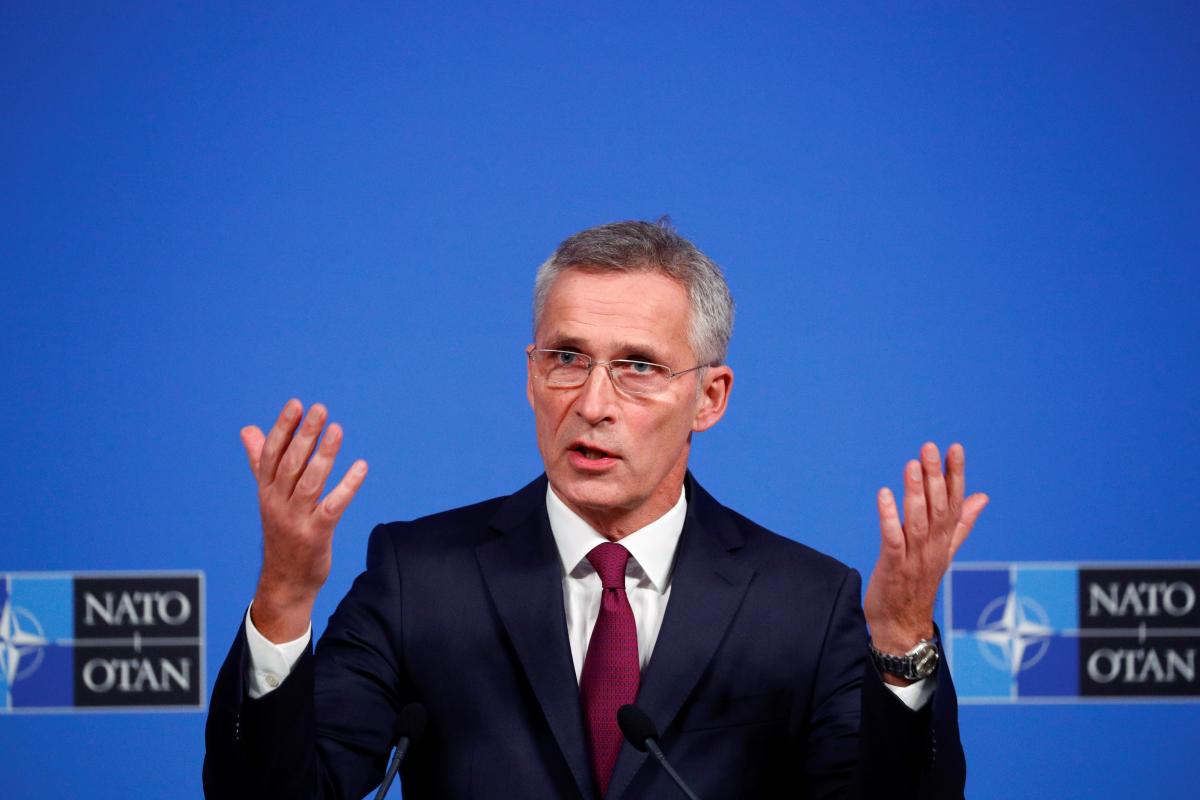
REUTERS
NATO Secretary General Jens Stoltenberg says the Alliance does not pose a threat to Belarus.
"Minsk must demonstrate full respect for fundamental rights. NATO poses no threat and has no military buildup in the region. We remain vigilant and ready to defend all Allies," Stoltenberg said on Twitter on August 18.

Screenshot
NATO's chief also informed he had had an important discussion with Polish President Andrzej Duda on Belarus.
Видео дня
Read alsoLukashenko says Belarusian army on full alert on western border
Belarus protests: Developments
- On August 9, presidential elections were held in Belarus.
- The country's Central Election Commission announced the final election results. In particular, 80.1% of voters supported incumbent President Alexander Lukashenko, 10.1% voted for Svetlana Tikhanovskaya, 1.67% for Anna Kanopatskaya, 1.2% for Andrey Dmitriev, and 1.14% for Sergei Cherechnya. Some 4.59% voted against all candidates.
- Thousands of residents of Belarus took to the streets to protest what they believe is a rigged vote count. Riot police violently cracked down on protesters.
- Belarus' Ministry of Internal Affairs said about 7,000 protesters had been detained in different cities since August 9. On the evening of August 13, the authorities started to release detainees.
- According to human rights activists, at least five people were killed during clashes with riot police, seven more are in critical condition in intensive care units. The activists say about 200-300 people were detained as political prisoners.
- Lukashenko has repeatedly warned against meddling in Belarus' domestic affairs. He had phone calls with his Russian counterpart Vladimir Putin. As a result, the Kremlin assured it was ready to provide "assistance in solving the problems" in Belarus.
- On August 14, the European Union announced it did not recognize the outcome of the presidential elections in Belarus and said work had begun to introduce sanctions over electoral fraud and violence against protesters.

